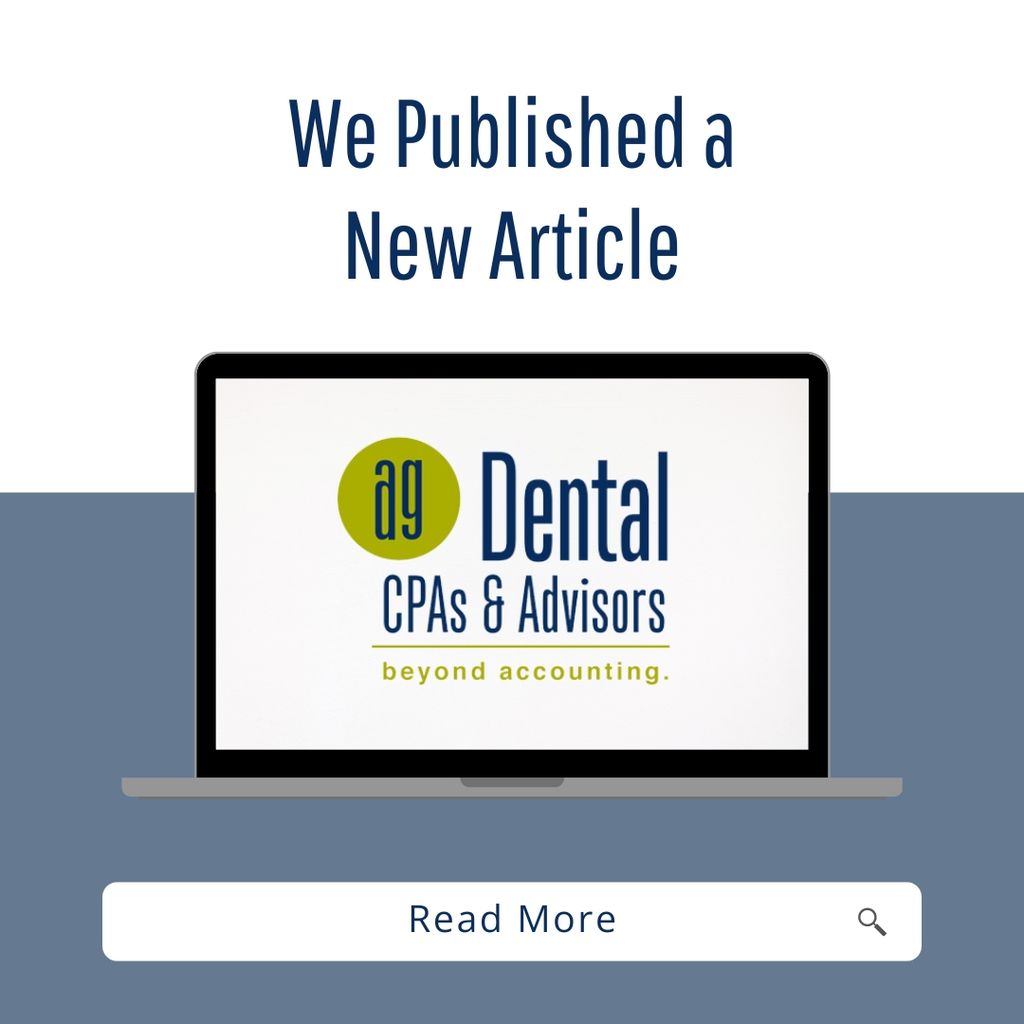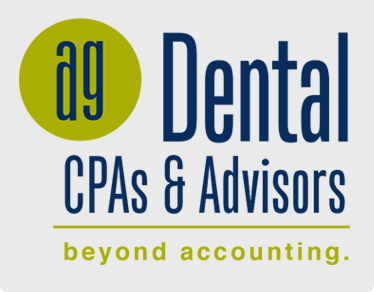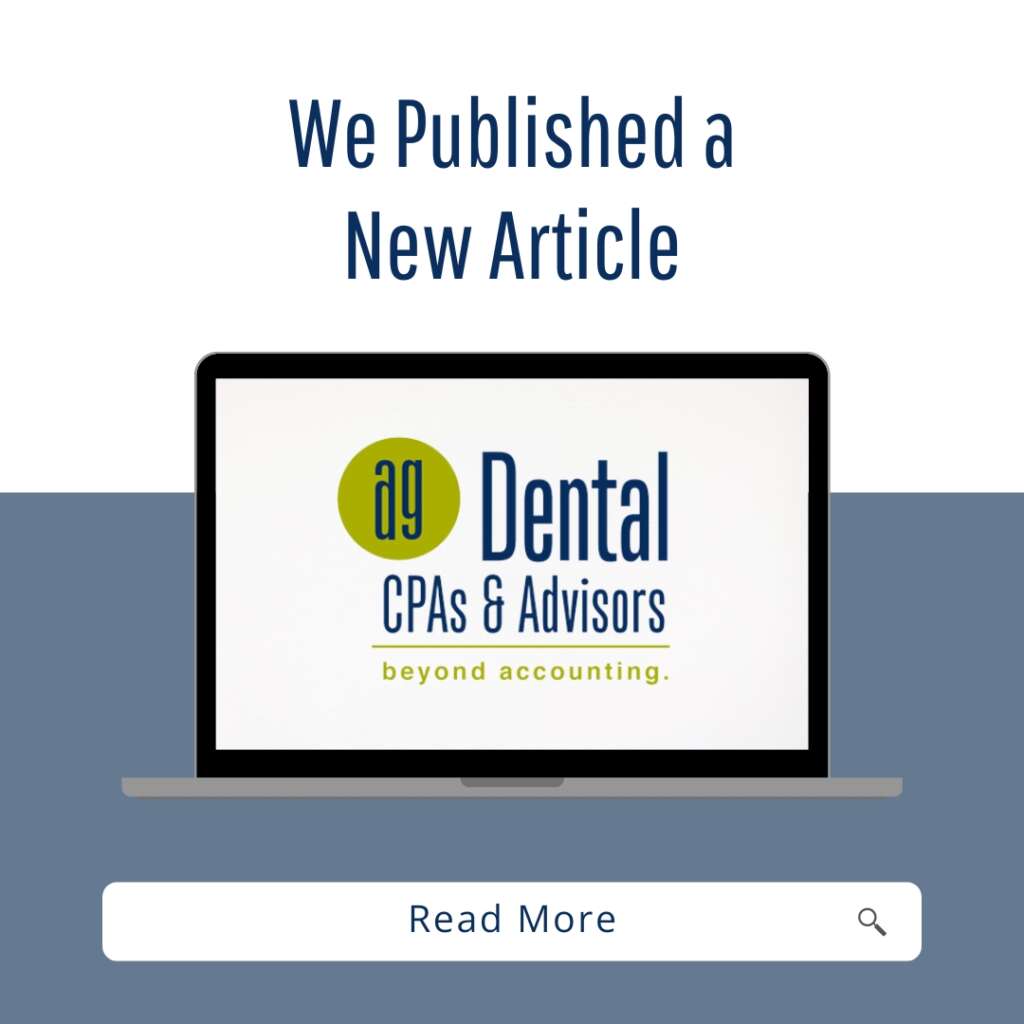
Unleashing Potential: Enhancing Dental Practice Efficiency with After-Hours Phone Calls
In the dynamic realm of dental practice management, time equals money. Optimizing every opportunity for patient connection and practice expansion becomes crucial. After-hours phone calls represent a valuable yet often overlooked avenue to extend exceptional service and foster patient relationships beyond regular office hours.
Addressing the Need: Recognizing the Importance of After-Hours Accessibility
Your dental practice may excel in marketing and have a skilled team trained in phone etiquette. However, acknowledging the significance of after-hours inquiries is pivotal. Imagine prospective patients facing dental emergencies outside typical office hours, urgently seeking assistance. Their persistence in calling until they connect with a responsive voice underscores the importance of maintaining accessibility beyond standard work hours.
Overcoming Challenges: The Impact of Limited Phone Coverage
Unfortunately, many dental practices struggle with insufficient phone coverage after hours, resorting to automated systems or deferring inquiries until the next business day. This approach risks patient frustration and undermines responsiveness in addressing urgent needs promptly. Such limitations not only impact patient satisfaction but also miss opportunities for engagement and retention.
Exploring Solutions: Implementing 24/7 Phone Coverage
To enhance patient-centric care, dental practices can consider implementing 24/7 phone coverage solutions. One effective strategy is leveraging professional answering services that ensure round-the-clock availability to handle patient queries and emergencies. Alternatively, adopting a team-based approach distributes responsibility among staff for personalized and timely responses after hours.
Considering Financial and Operational Aspects
Choosing the right approach requires evaluating financial implications, operational feasibility, and potential return on investment. Consulting with a knowledgeable Dental CPA in Baton Rouge can provide insights into budgeting, compensation structures for staff involved in after-hours support, and seamless integration of these services into practice operations.
Seizing Opportunities: Embracing the Benefits of After-Hours Support
Recognizing the transformative impact of 24-hour phone availability on patient satisfaction and practice efficiency is crucial. Engaging with our team for strategic planning sessions can help navigate the complexities of implementing after-hours support effectively.
Schedule a complimentary consultation today to explore how integrating after-hours phone support can elevate patient experience, strengthen practice resilience, and foster growth in the competitive dental landscape.

